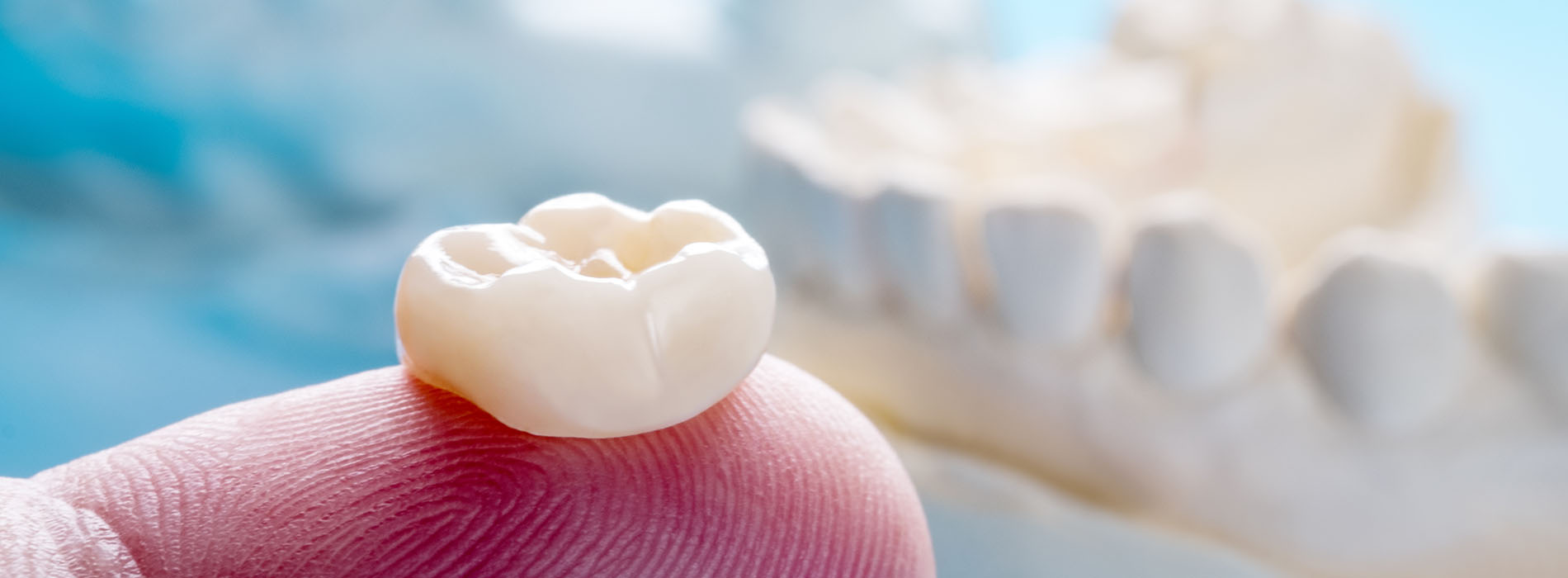
Protecting your smile from the effects of teeth grinding.
Bruxism is a condition that affects millions of people, often without them even realizing it. It is the medical term for the involuntary grinding or clenching of teeth, which can occur during the day but is most commonly associated with nighttime habits while sleeping. For many, the condition begins gradually, with subtle signs like waking up with a sore jaw or noticing worn-down teeth. Over time, however, bruxism can cause significant dental damage, chronic discomfort, and disruptions to overall health and quality of life. Because bruxism often develops unnoticed, many patients are only made aware of the problem during a dental examination. By recognizing the early warning signs and seeking professional care, individuals can protect their teeth, alleviate discomfort, and prevent long-term complications. Cosmetic Micro Dentistry provides patients with comprehensive solutions for bruxism, offering specialized care for those seeking bruxism treatment in Montclair and surrounding communities.
Bruxism can be difficult to detect in its early stages because many patients are unaware that they are grinding or clenching their teeth. Recognizing the signs and symptoms is crucial for early intervention, as untreated bruxism can lead to long-term dental and health problems. While symptoms may vary depending on the severity of the condition and whether it occurs during the day or at night, some of the most common indicators include:
Bruxism is a multifactorial condition, meaning it can develop from a combination of physical, psychological, and lifestyle influences. Understanding the potential causes is essential for effective treatment. Common contributing factors include:
Bruxism is more than a simple habit of grinding or clenching teeth—it is a condition that can have serious consequences. The constant pressure on teeth can gradually wear down enamel, increasing the risk of fractures, chips, and even tooth loss. The jaw joints and surrounding muscles endure continuous strain, which can result in chronic pain and may contribute to **temporomandibular joint disorder (TMJ)**.
The impact of bruxism is also cosmetic. As teeth become worn, uneven, or shortened, the natural appearance of the smile can change. Timely intervention can protect the integrity of natural teeth, reduce muscle strain, and help maintain the structural balance of the bite.
Managing bruxism begins with identifying the cause and tailoring treatment to each patient's unique needs. Common solutions include:
When bruxism goes unmanaged, the effects extend beyond minor discomfort and can cause significant, long-term damage. Common complications include:
Bruxism is a condition that can impact oral health, overall wellness, and quality of life. With early diagnosis and effective treatment, you can prevent complications, relieve discomfort, and protect your smile. If you have noticed signs of teeth grinding or are experiencing jaw discomfort, we encourage you to reach out. Our team is here to provide personalized care and comprehensive solutions.
Schedule a ConsultationQuick Links
Contact Us